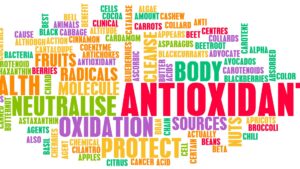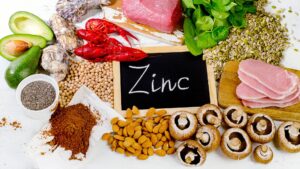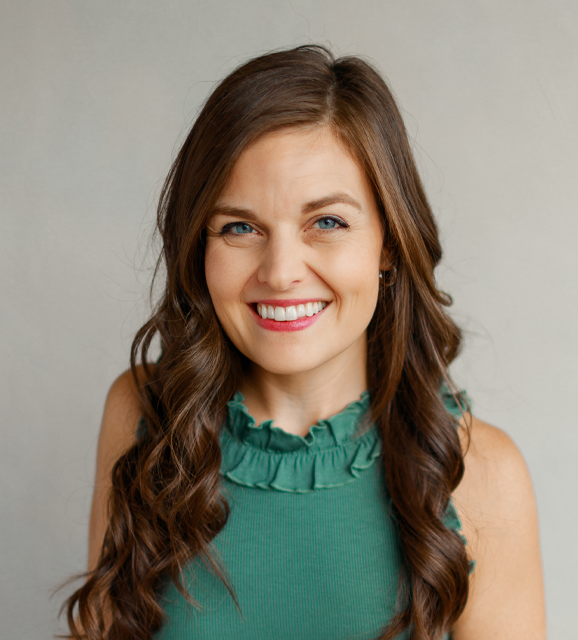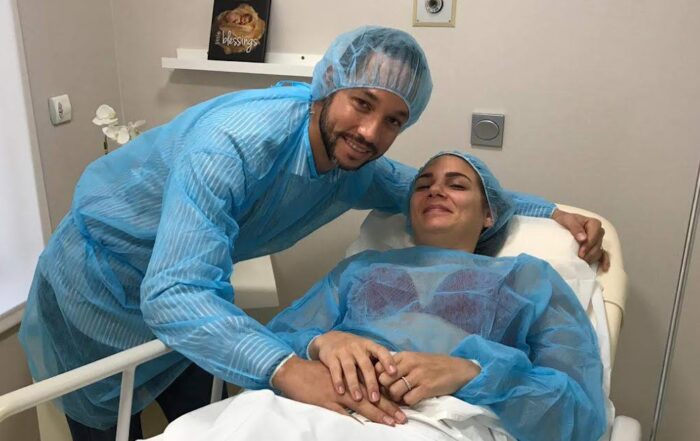Nutrition plays an important role in fertility, but it’s a vast topic that’s hard to cover all at once. One type of nutrient goes by the name “antioxidant.” Antioxidants are always important, but they really shine when it comes to achieving and sustaining a healthy pregnancy. Antioxidants for infertility also have equal importance for both men and women.

What do Antioxidants do?
By definition, antioxidants help cancel out the damaging effects of free radicals or oxidative stress (anti-oxidative stress = antioxidants). Free radicals are constantly being formed in your body, but when they go unchecked, they damage sperm and egg cells. By negating cellular stress, antioxidants improve egg quality, and improve menstrual regularity.
Your cells and processes are simply less distracted, and your body can do what it is innately programmed to do. Cells are working, growing, and repairing at a much higher rate than normal during conception, implantation, and pregnancy. This uptick in processes itself can increase free radicals.
Free Radicals
It’s like how exercise is good for you even when small amounts of exercise temporarily irritate your cells. The growth and rebuilding of your cells is good, but has some temporarily damaging byproducts.
Think of free radicals as flies. They’re annoying, but in small doses you can swat them away and not worry about it. The more flies, the more irritating it is and the harder they are to control. The more flies, the more distracted you are, the less able you are to get any work done. When your body is doing the “work” of making sperm, eggs, or an embryo, you want as few distractions as possible.
Antioxidants swat and kill “flies,” aka the free radicals.
Additional sources of free radicals & oxidative stress
- Air pollution
- Cigarette smoke
- Environmental toxins
- Infections
- Radiation from electronics or excessive sun exposure

A (not so short) list of antioxidants
- Zinc
- Vitamin c
- Vitamin E
- Resveratrol
- Quercetin
- Curcumin
- CoQ 10
- Selenium
- Glutathione
- NAC
- Lipoic Acid
That’s not even all of them, but it’s enough to help you understand there’s a wide variety available to help you defend your cells.
Adding in Antioxidants

Adding fresh, whole, plants in a variety of colors (a rainbow of veggies and fruits) is the best way to get more antioxidants on a daily basis. I think trying to conceive is a special time where you can benefit from adding supplemental antioxidants. That being said, you don’t need (and can’t possibly) take all the antioxidants listed above.
It’s ok to add one at a time and see how you feel.
It’s also possible to have some blood labs drawn to give you a better idea of your oxidative stress load and antioxidant need. Here are my top picks for additional antioxidants while trying to conceive (these apply to both men and women):
- COQ10
- NAC (N-acetyl-cysteine)
- Alpha Lipoic Acid
- Vitamin C and A (often included in a good prenatal)
Benefits of Antioxidants
Antioxidants have a myriad of benefits, not limited to:
- Reducing cellular aging
- Preventing heart disease and diabetes
- Reducing cancer risk
- Preventing dysfunction genes from turning on
- Preventing cognitive decline
There’s no need to go overboard, but there is great supporting data for adding a few extra helpers to boost your fertility! Overall, antioxidants will help your body’s processes occur more seamlessly, and increase the quality of your reproductive cells.
As always, reach out if you have questions or would like to work with Dr. Hannah to make a preconception nutrition plan.








